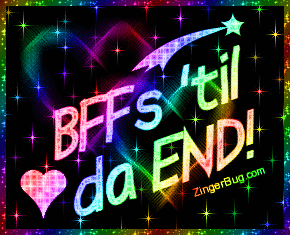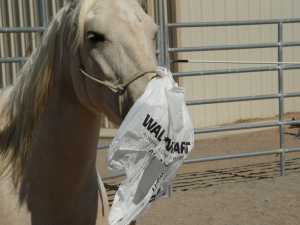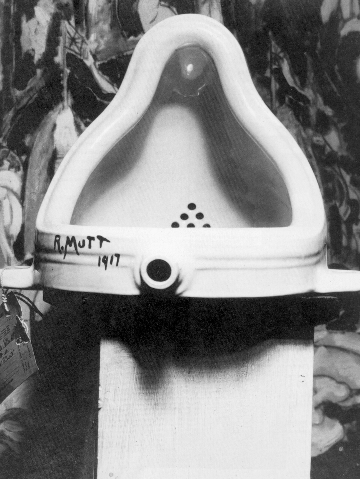
During this past summer I was in a sort of limbo. I had graduated high school, but that chapter of my life was not quite closed. It was difficult for me to accept that those seven years at Central were finally over—I would likely never again see many of the people I had considered my closest friends. Even as I realized the pettiness of the high school dramarama in which I had been immersed, I still missed the fun things we used to do. I missed the students, the teachers, and even some of the better classes. A sort of nostalgia gripped me. At the same time, I was anxious and excited to begin anew at Drury. I had no idea what the experience would be like, but I appreciated the opportunity to start over with a blank slate.
I lived mostly in isolation those three months. My friends, for the most part, had gone. There was nothing to do in this tiny town, and having just moved in, I knew no one. My life was luxurious and lethargic. I went to bed incredibly late, sometimes staying up well past three in the morning. I often wasn’t fully dressed and ready to leave the house until two or three the following day. I slept, ate, read, played on the computer, and more than anything else, rode horses.
I spent many hours a day in and around the barn doing chores, mucking stalls, fixing tack, and grooming the horses. Then I’d saddle up and ride, sometimes as many as four times a day. When it was hot and miserable (as it frequently was), I saved much of my day’s allotment of riding for late evening. Each night I’d see the sun set slowly over the woods to the west.
These sunsets fascinated me. The giant yellow orb would slowly sink to the horizon line, whereupon it would suddenly burst into flames of gold and orange, shooting rays of brilliant color off in every direction. Everything would be briefly turned a remarkably bright pink, then the sun would turn hot red, fatten, and disappear completely. I would watch this last-minute display of color intently, stamping my retinas with the outlines of the images, burning them into my eyes until all I could see were dots of red across my field of vision. I figured out that if I climbed the mound of soil, I could hold the dying embers of the sun in my sights for just a brief moment longer. This became my nightly routine. I would set out across the neighbors’ pastures or down the road, but when the sun became to fall in the sky, I would hasten back to the road by my house and ride my horse up the easy slope of the dirt mountain. From this higher vantage point I would point due west and observe the spectacular display of power and beauty, watching from between the pricked ears of my caballo.
I called this activity “chasing the sun” and thought myself quite clever for string these words together just so. It had a certain ring to it, I thought, and so I took it up as my catchphrase for the summer. It became my slogan of sorts. I was looking for something, but I didn’t know what. My life at the time was one big transitional period of uncertainty. I was following a dream, or something like that. I was chasing the sun.
[“Chasing the Sun” was going to be the title for this blog, until I Googled it and realized that I wasn’t as original or clever as I had thought. Chasing the Sun is the name of an aviation documentary, a photography studio, a racehorse farm, an audio company, and a book about novels, among many, many other things. Damn.]
Now the dirt mound is gone—sold ton by ton to people in need of topsoil—but still, whenever I can, I’ll try to face the west whenever I see the sun setting. It’s a curious compulsion. There’s something magical about the sun setting, though, something I can’t describe, some sort of spiritual-religious experience….
Driving my car on the highway the other day, I noticed the sun dropping lower in the sky to my right. It was over rolling Ozarkian hills bristling with bare winter trees. The optical illusion was such that, had I not known better, I would have sworn that the sun was quite near. It looked as though it were simply settling down for nest for the night on the far side of the hills, perhaps in some quiet, peaceful valley just out of reach. I wanted to stop and stare and breathe and reach for it, but I drove on and it disappeared around a curve in the road.
Wow—that was melodramatic, wasn’t it?



















